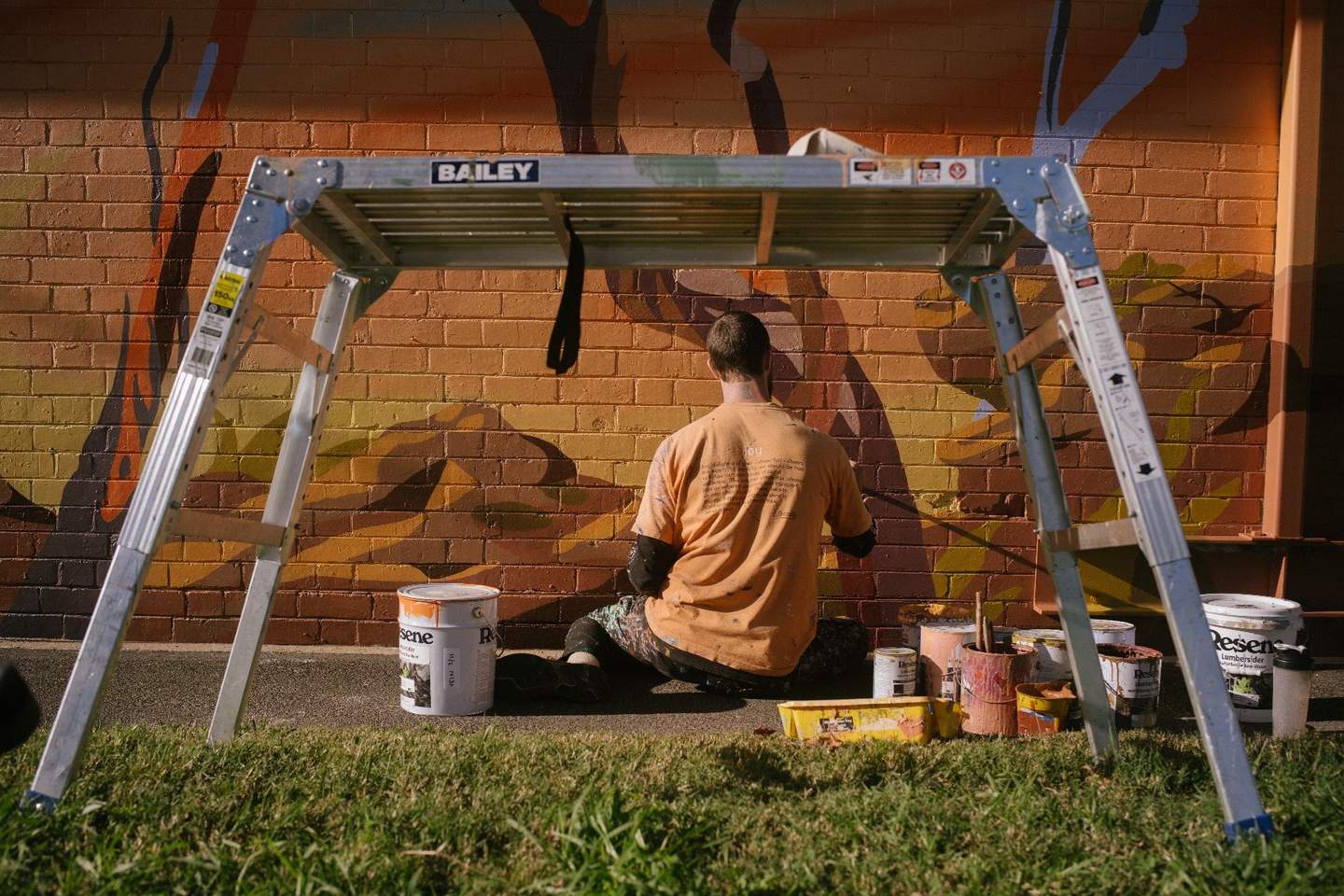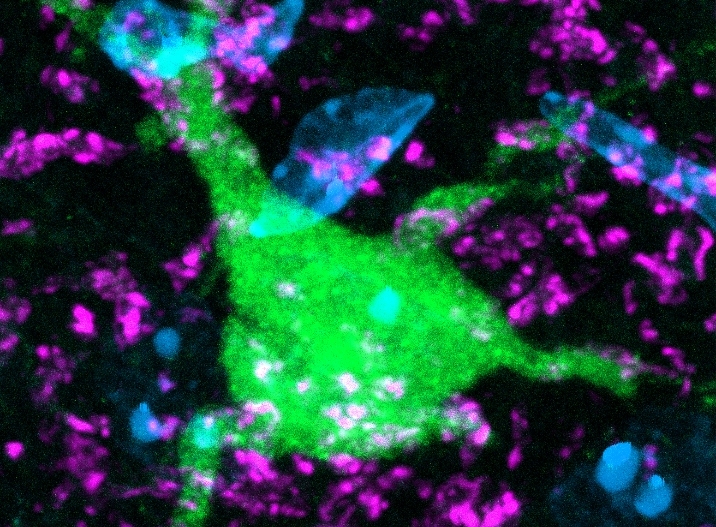(205 KB)
India’s highly respected TATA Group has selected Australian industry leader Tritium for its DC fast-charging expertise.
Tritium Pty Ltd is a technology company specialising in the design and manufacture of direct current (DC) fast-charging solutions for electric vehicles (EV). It was established in 2001 and is one of Australia’s fastest growing technology companies, with significant operations and commercial success in leading international EV markets.
India prioritises clean and sustainable mobility
In a sign of India’s growing attention to sustainable transport infrastructure, one the country’s leading automotive and mobility component suppliers, Tata AutoComp Systems of Pune, has entered into a partnership with Tritium to supply DC chargers for electric vehicles. Tritium’s Veefil-RT DC fast chargers are capable of charging a range of EVs including two-wheeler, passenger and commercial vehicles.
In March 2019, the Indian Government introduced the FAME II scheme for the “faster adoption and manufacture of (hybrid and) electric” vehicles. It includes Rs10 billion (approximately A$20 million) to set up charging stations in large metros and other smart cities as well as more remote locations.
India has already committed to reductions in the use of fossil fuels, and has set a target that will see 2030 greenhouse gas emissions reduced by a third from 2005 levels. Rapid urbanisation is creating pressure on an already fragile environment and India is home to 14 of the world’s 20 most polluted cities, according to a recent WHO study.
The country is also keen to reduce its dependency on oil as it imports 80 per cent of its transportation fuel needs. Against this backdrop, the FAME II initiative demonstrates clear intent on the part of the government to prioritise a more sustainable and cleaner environment.
Australian leadership in the EV charging sector
Tata AutoComp has established a significant presence in the Indian automotive component market with a range of strategic partnerships in products and services for Indian (and international) original equipment manufacturers. It has 7,000 employees and is active across vehicle segments.
Commenting on the decision to partner with Tritium for the supply of EV fast chargers, the MD and CEO of Tata AutoComp, Arvind Goel indicated that with the arrival of EVs, the need for chargers capable of powering them is significant. He confirmed that the company, part of India’s TATA Group, is striving to bring the latest technology and solutions to its customers.
Tritium is a company that is focused on helping create cleaner, healthy and more convenient cities. It aims to support this by providing energy freedom to EV owners and drivers using an ecosystem of intelligent charging products that help speed up the transition to e-mobility.
Tritium holds a dominant market share in many significant EV markets and has installed its Veefil fast chargers in over 30 countries. It has an estimated 25 per cent market share in the US, 50 per cent in Norway, 20 per cent in the UK and 90 per cent in Australia.
Its entry into the nascent but potentially enormous market of India was supported by the Indian network of Austrade, with introductions to some of the key stakeholders in the EV infrastructure space.
In a market where the badge of government can often be helpful, Austrade also made introductions for Tritium to private corporates and assisted in organising a trip for key TATA AutoComp stakeholders to Tritium’s cutting-edge Brisbane manufacturing facility in Australia.
Looking ahead to the future
Although EVs accounted for only 2 million of the 86 million passenger cars sold worldwide in 2018, experts are almost unanimous in their assertion that the shift to e-mobility is both imminent and inevitable.
In India, the two- and three-wheeler market has seen the first significant changes. Low cost e-rickshaws, offering last-mile connectivity, racked up sales of more than 600,000 units in 2019.
The passenger car segment will be slower to evolve as the Indian market is currently constrained by the purchasing power of its drivers. Although it is the world’s largest market for small cars, fewer than 50 per cent of sales occur at prices above A$12,000. Furthermore, the lack of EV charging infrastructure in India to date still acts as a brake on sales of electric vehicles.
This may help explain why a recent report by Bloomberg forecasts Indian EV passenger car penetration of only 6 per cent by 2030. However, rapid growth is expected to see this reach 28 per cent by 2040, making India the world’s fourth largest EV market in the world in the next 20 years.
Austrade is currently working with a number of companies developing opportunities in India’s sustainable infrastructure and built environment sectors. Australia’s leading expertise and innovation is increasingly in demand in the world’s fastest-growing large economy.

About Austrade
The Australian Trade and Investment Commission – Austrade – contributes to Australia’s economic prosperity by helping Australian businesses, education institutions, tourism operators, governments and citizens as they:
- develop international markets
- win productive foreign direct investment
- promote international education
- strengthen Australia’s tourism industry
- seek consular and passport services.
Disclaimer
Whereas every effort has been made to ensure the information given in this document is accurate, the Australian Trade and Investment Commission does not provide warranty or accept liability for any loss arising from reliance on such information.
© Commonwealth of Australia 2020








